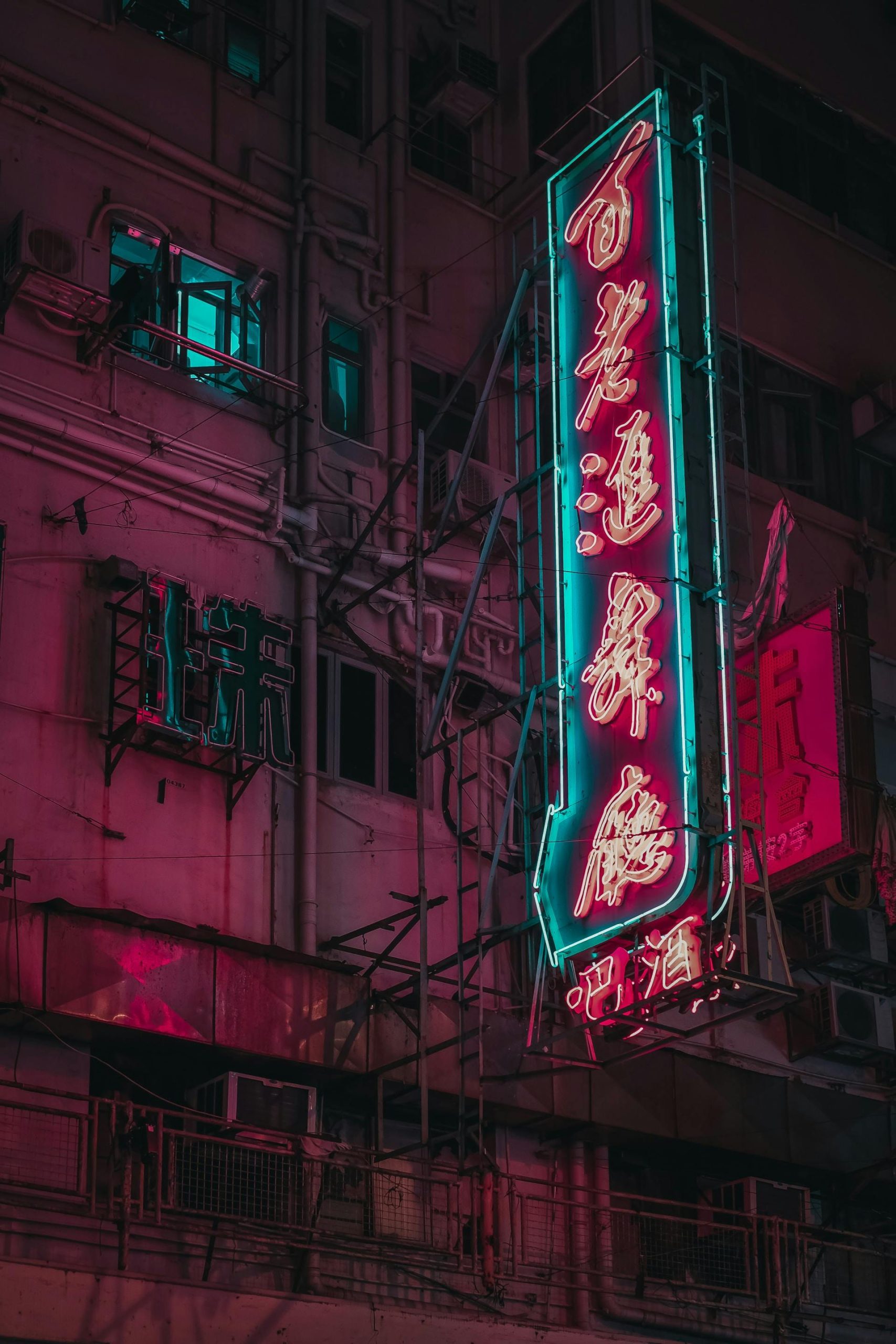Your cart is currently empty!

Steven Coulson
Steven has been drinking beers, wines and spirits for decades and has a propensity to go about them at length after a few drinks.
Latest Posts
- My wife found out our favorite Gin for martinis was discontinued. I think we are good for a while…

- Oregon Road Trip: Freeland Spirits Garden Botanicals Gin

- Botanist with Trader Joe’s Lemon and Elderflower Soda

- I’m one of the worlds leading buyers of craft gin in the world and a international spirit judge AMA

- I’m blown away…. By how let down I am by this Gin.

Categories
Tags
Social Links

The Psychoactive Power of Hops: A Personal Exploration
When it comes to craft beer, opinions often vary widely, especially regarding the effects of hops. I recently shared some thoughts on how certain India Pale Ales (IPAs) with elevated International Bitterness Units (IBUs) resonate with me more than traditionally hopped beers. While responses varied—some supported my theory while others attributed my experience to higher alcohol content—it sparked a desire for further investigation.
To delve deeper into the relationship between hops and the sensations they produce, I conducted a little experiment. I tried various styles of IPAs, including “cold” IPAs that contain fewer hops but maintain similar alcohol by volume (ABV) levels to traditional West Coast IPAs. Interestingly, I found that Imperial IPAs, known for their high ABVs, didn’t provide the same satisfaction due to their reduced hop profile. In contrast, a well-crafted West Coast IPA with a lower ABV delivered a sensational experience that I can only describe as a home run.
What stands out to me is the unique sensation I experience from hoppy beers, which feels distinctly different from an alcohol buzz. It’s more cerebral and invigorating, leading me to speculate that hops might possess psychoactive properties under certain conditions.
This has led to some theorizing about how these compounds interact during fermentation. I wonder if they become more bioavailable, and if there’s potential synergy with alcohol that enables hop compounds to cross the blood-brain barrier. It’s worth noting that my experience isn’t indicative of a hops sensitivity—I don’t encounter any adverse reactions like hives or itching; instead, I feel an uplifting euphoric state.
One question that lingers is why hops have played such a pivotal role in brewing throughout history. Beer did not always include hops, but once their benefits became evident, they secured a lasting place in the beverage world. Could this be a testament to their unique influence on our enjoyment of beer?
In summary, the relationship between hops and their effects on our perception and experience with beer is complex and fascinating. As I continue to explore this theme, I invite fellow enthusiasts to share their experiences with hoppy brews. Could it be that these little green flowers hold more than just flavor? The inquiry continues!
